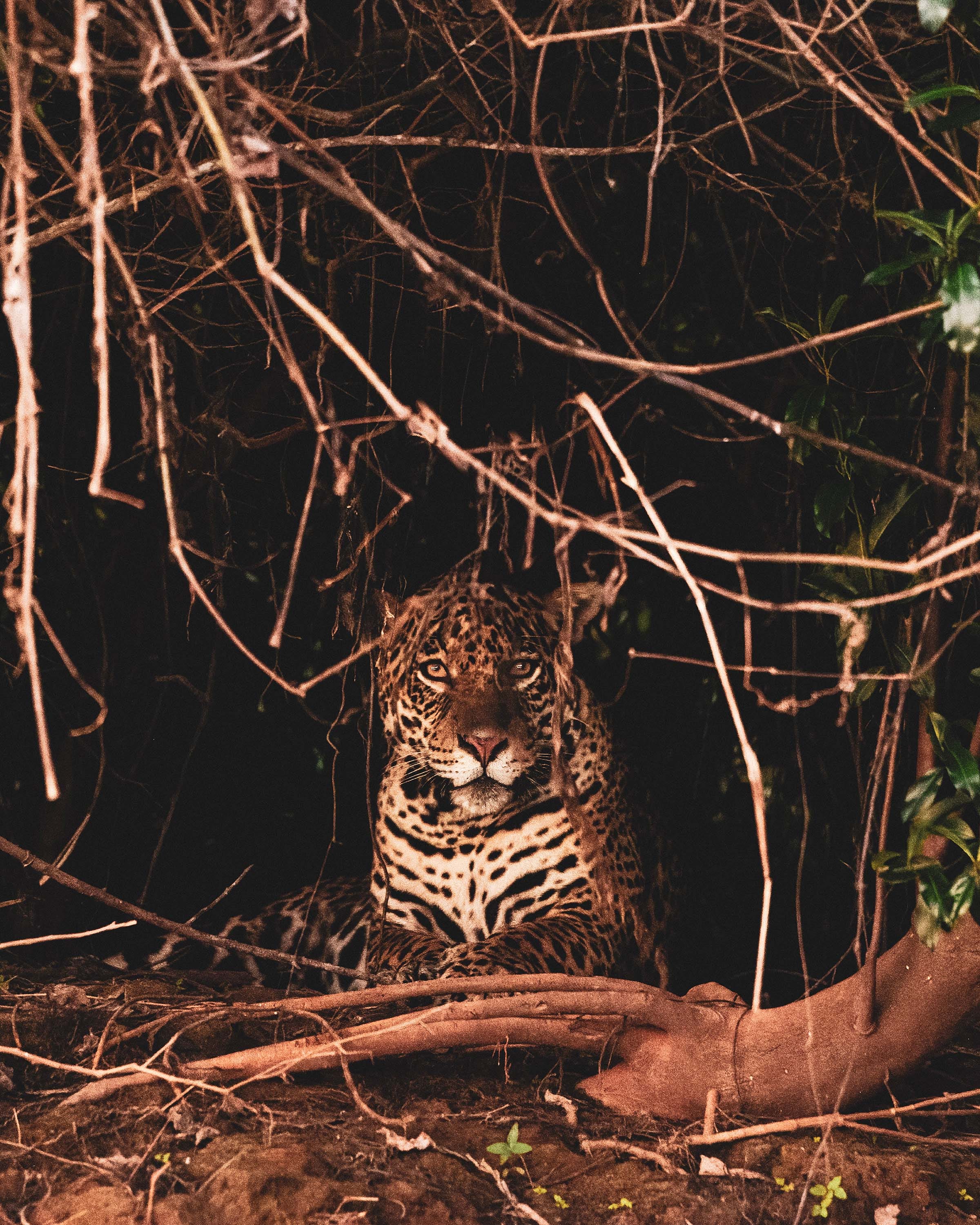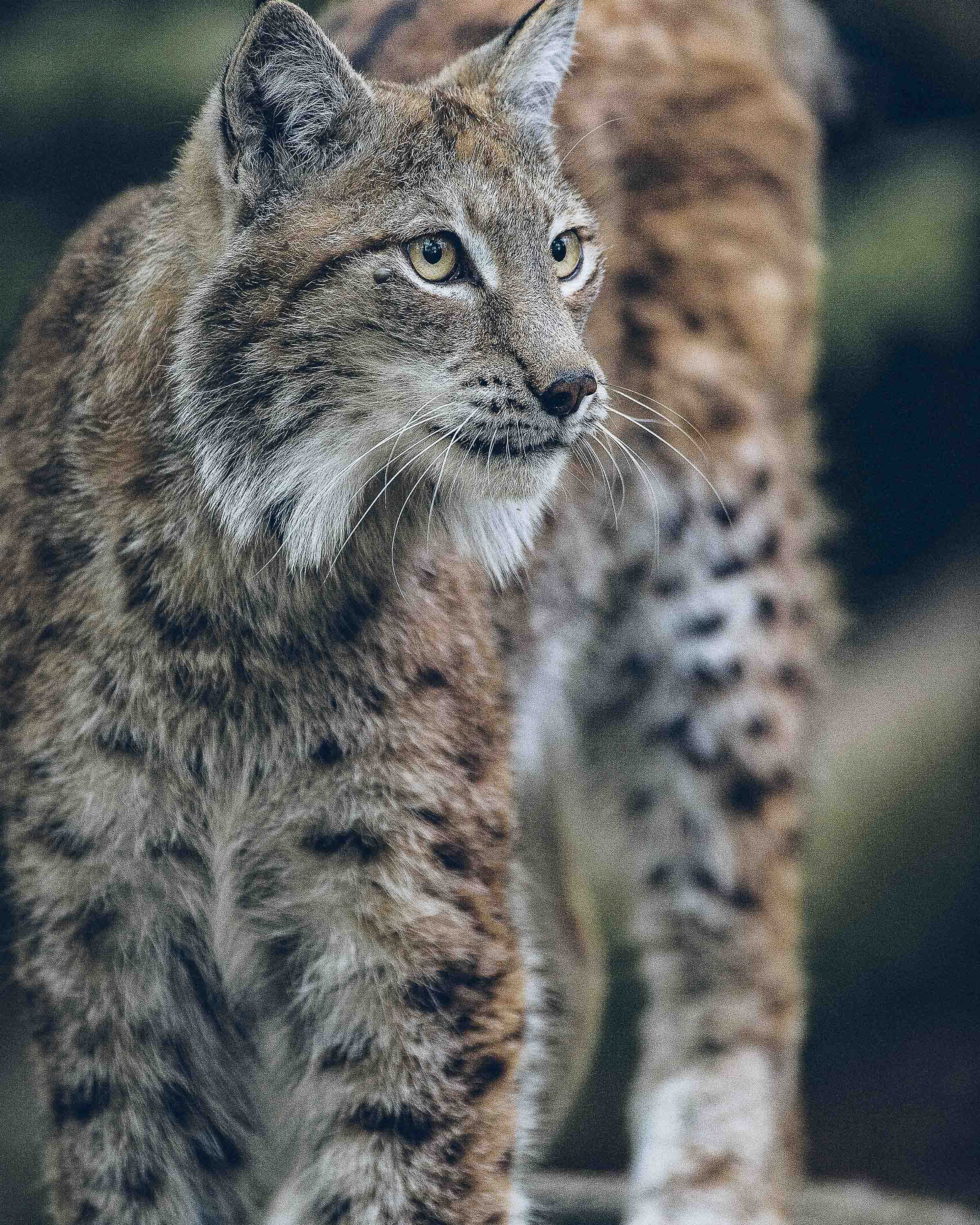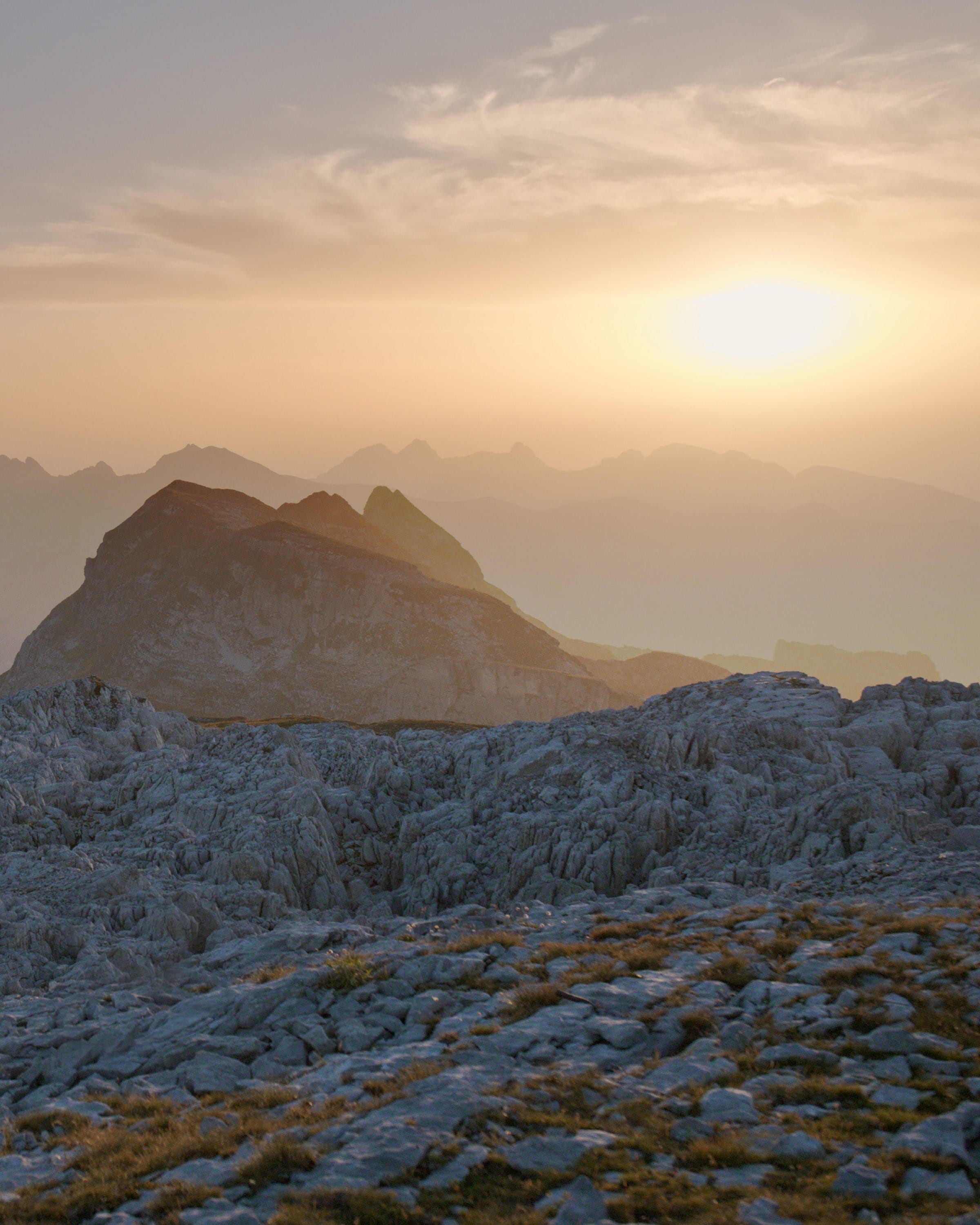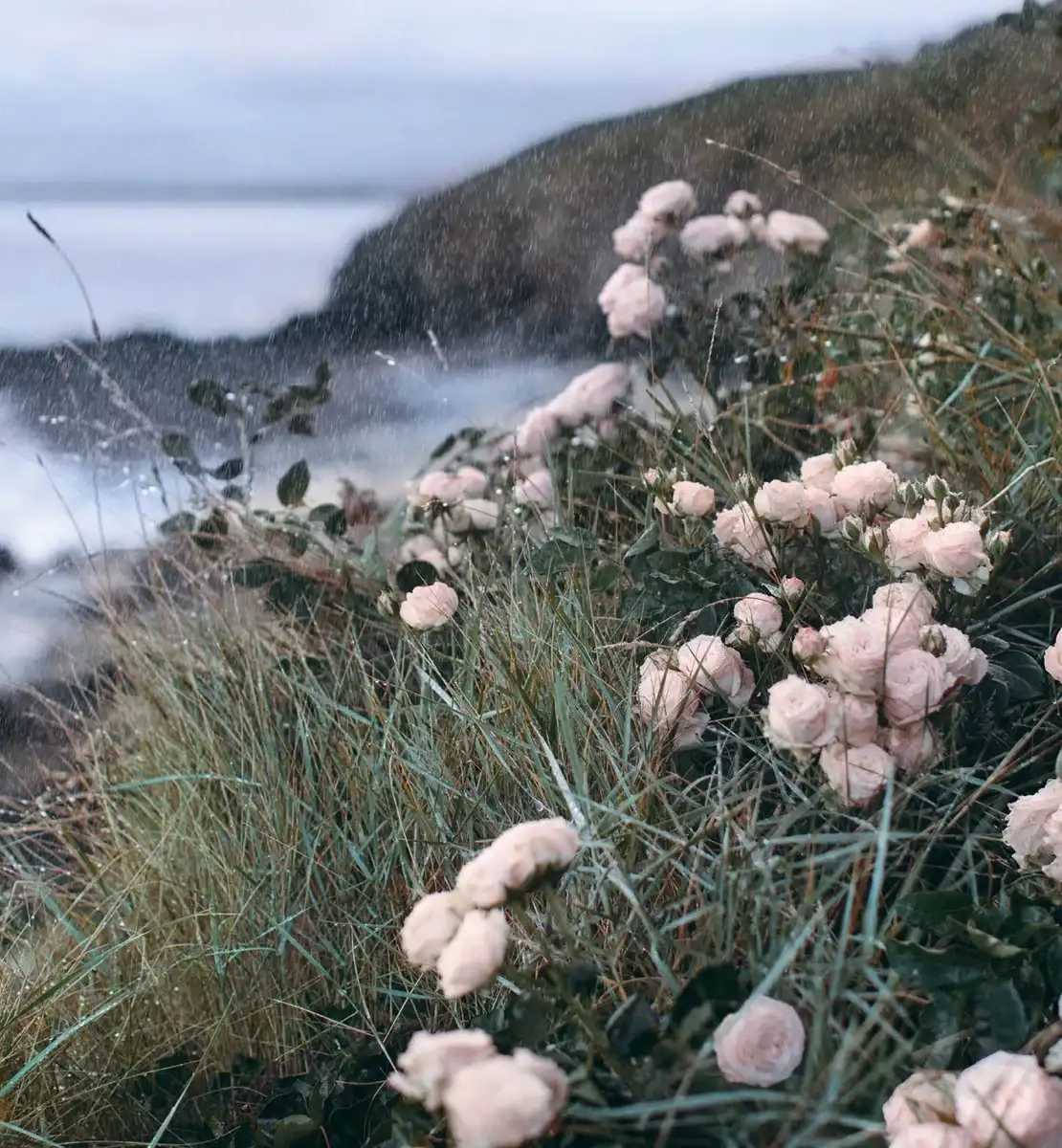

Christian Dior Parfums & WWF
PARTENAIRES POUR LA REGENERATION DE LA BIODIVERSITE
Le Regeneration des Grands Espaces Sauvages
Aujourd'hui, Christian Dior Parfums devient le mécène de projets du WWF pour la préservation et la restauration de grands espaces en France et en Amérique du Nord.

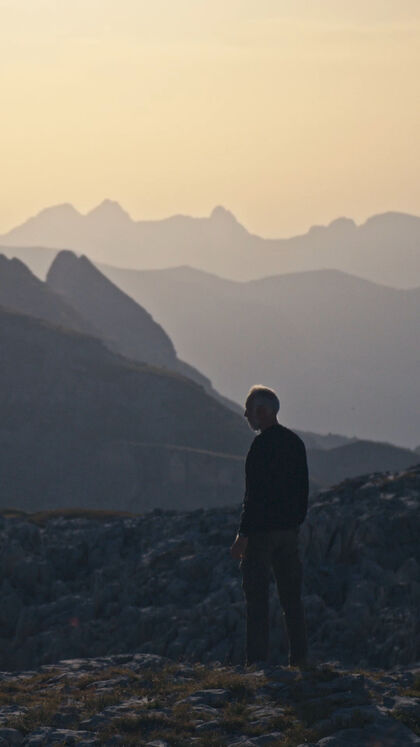
“Préserver les grands espaces sauvages dans lesquels la nature est plus ou moins intacte est essentiel pour la biodiversité.”
Amerique du Nord
En Amérique du Nord, Christian Dior Parfums soutiendra la préservation et la restauration de 15 000 hectares de grands espaces et corridors naturels afin que la biodiversité y reprenne vie. Cela contribuera entre autres, au retour des jaguars, dont la population, déstabilisée par les activités humaines, est menacée d’extinction et qui comme le Lynx en Europe est témoin de la biodiversité en Amérique du Nord.


A travers un voyage en forme de quête initiatique, nous embarquons avec le biologiste de la faune sauvage, Wes Larson à la recherche de l'insaisissable jaguar. Animal sacré pour les anciens, à la fois sauvage et noble, le jaguar est aujourd'hui menacé par la fragmentation de son habitat. Au fil du voyage, nous découvrons les efforts du WWF Mexique pour préserver et protéger un animal essentiel à l'ensemble de l'écosystème. En créant de nouveaux corridors et en maintenant ceux existants, la WWF Mexique veille à ce que les jaguars puissent retrouver leur vaste territoire, qui s'étendait autrefois jusqu'au désert de Sonora, en Arizona.
Europe du Nord
En France, Christian Dior Parfums soutiendra un programme de préservation de grands espaces d’habitats forestiers dans le Jura, les Vosges, le Vercors et contribuera, en même temps, à l’étude de la population du Lynx Boréal comme signe de la conservation de biodiversité menée dans ces forêts.
Accelerating Towards Sustainable Ingredients
Towards a Fertile Footprint
To act, striving for a greater understanding of the role of flowers in preserving and regenerating biodiversity is crucial. Together with our internal experts at LVMH Research, we commit to working actively with experts from UNESCO MAB, and UEBT to increase our positive impacts on biodiversity and communities.
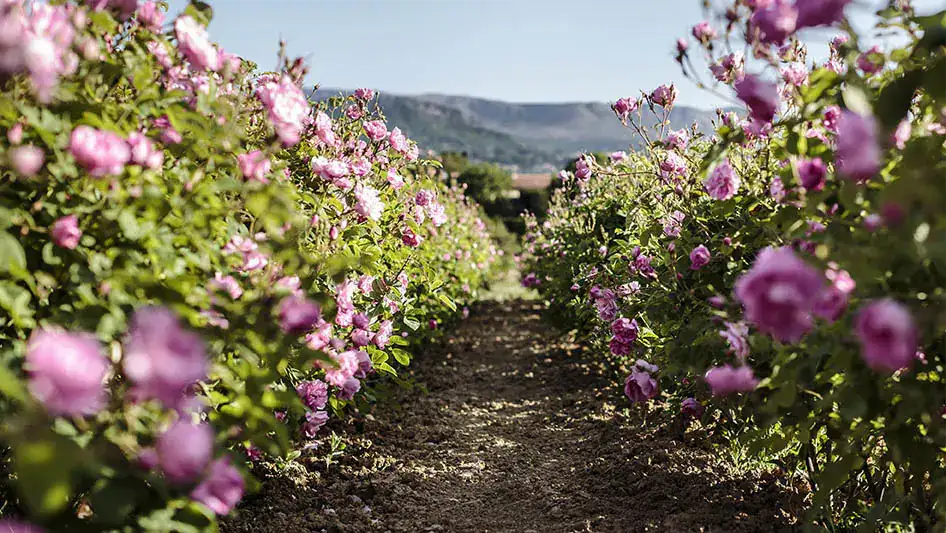
Seeding Transmission and Open Innovation
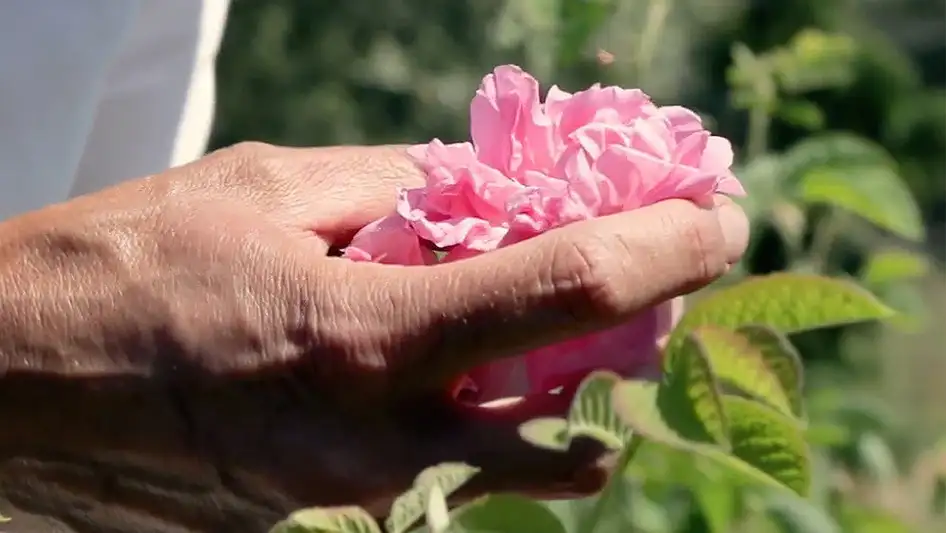
Developing Local Economies
Parfums Christian Dior is particularly attentive to the local impact of its upstream supply chain. For more than 15 years in the Grasse region, the House has established long-term partnerships with 10 growers who are members of the Association Les Fleurs d'Exception du Pays de Grasse, thus contributing to the revival of the cultivation of flower plants in this historic perfume cradle.
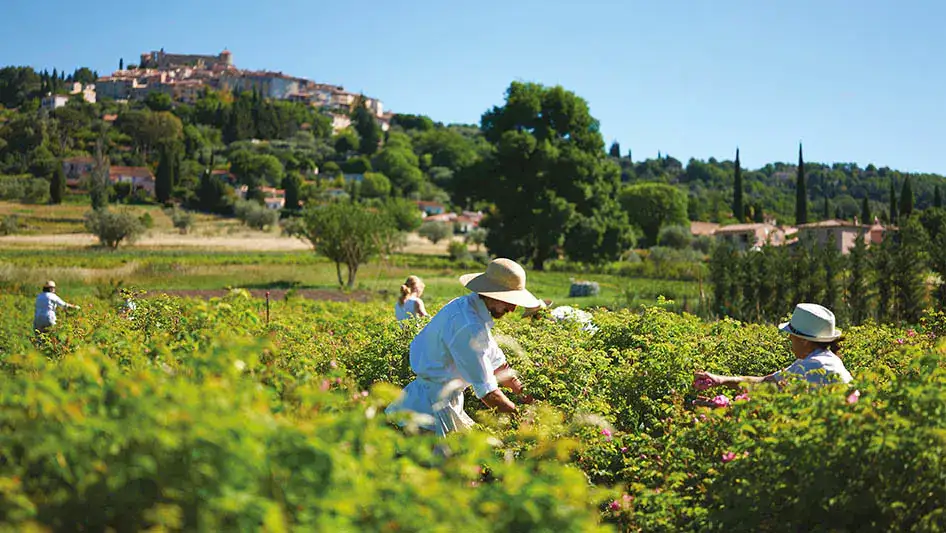
Safety Comes First

At Parfums Christian Dior, we have established a responsible formulation charter available on Dior.com since early 2022. This charter lays out our House’s requirements and ambitions concerning our formulas. This charter is explicit on our definition of Clean Beauty.
Ever More Stringent Formulas

Ever More Sustainable Natural Ingredients
Ever More Socially Responsible Sourcing

Blooming Ecodesigned Packaging
Packaging plays an essential role in protecting and preserving the essences of our products while offering a luxurious aesthetic experience. Yet, the use of natural resources to create packaging generates a significant carbon footprint. Moving forward, we commit to blooming new, more sustainable ways of selling.
Our Commitments
Innovating for Circularity

Renewing the Dior.com Art of Gifting
At a time when online sales are growing exponentially, it is of crucial importance that we strive to minimise associated negative impacts.
Raising the bar in Sustainability for Points of Sale
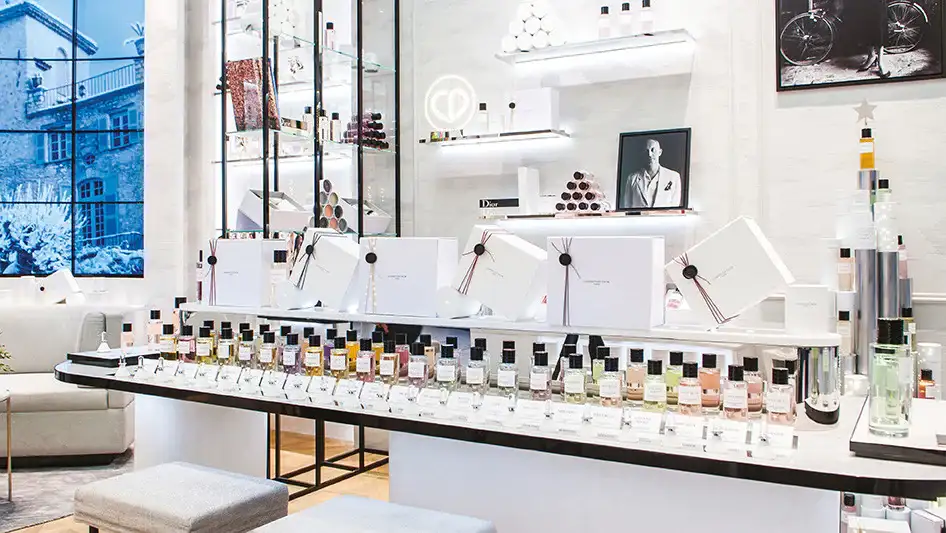
Unquestionable Science-based Reduction Targets
Our carbon reduction trajectory was approved in october 2021 by the science based target initiative, a joint initiative of the united nations global compact, world resources institute, the World Wide Fund for nature (WWF) and CDP (Carbon Disclosure Project), a testament to the robustness of our approach.
Excellence in Ecodesign
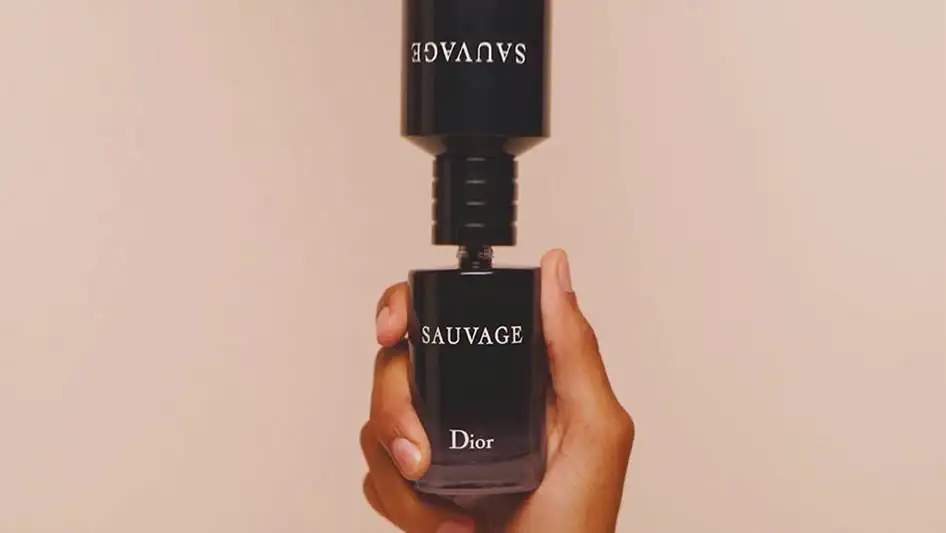
Low-carbon Transportation
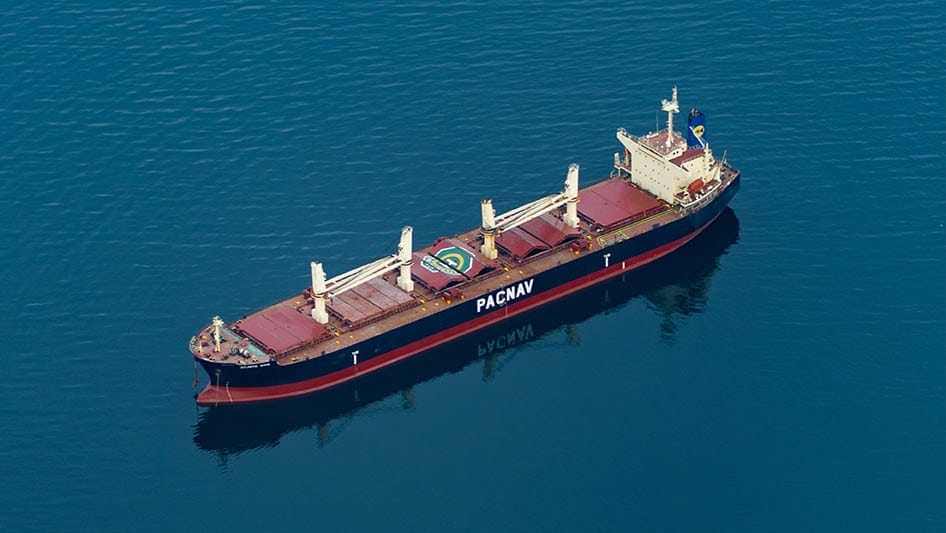
A Low-carbon Energy Transition

Protecting and Restoring Ecosystems








 Capture Totale
Capture Totale
 Dior Prestige
Dior Prestige
















